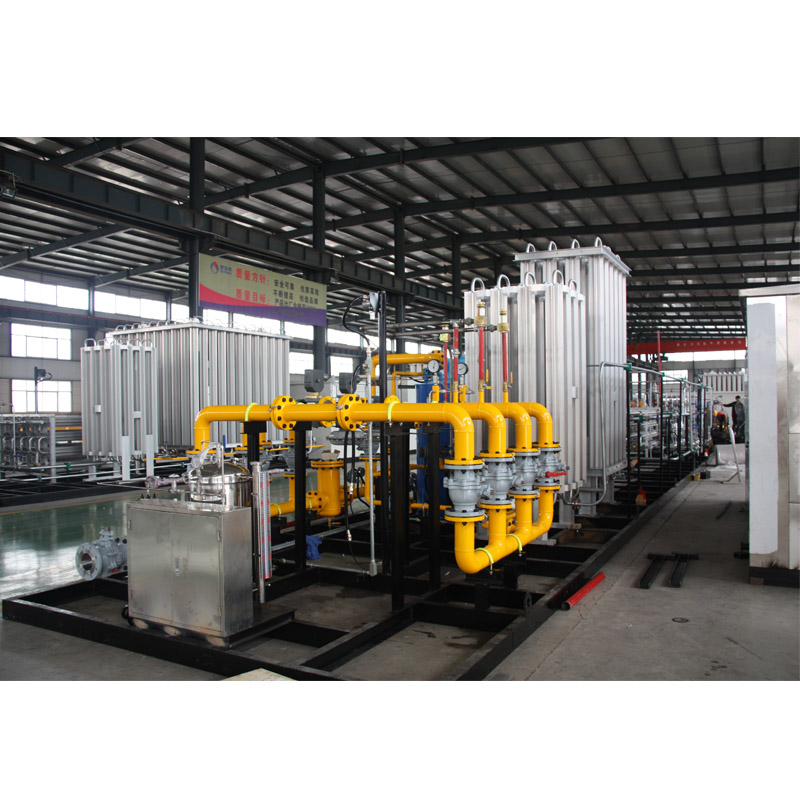
Nov . 16, 2024 10:56
Back to list
Understanding Liquefied Natural Gas and Its Global Impact on Energy Markets
Understanding Liquefied Natural Gas (LNG)
Liquefied Natural Gas (LNG) is a vital component in the global energy landscape, representing a cleaner alternative to traditional fossil fuels. As the world increasingly seeks sustainable energy solutions, LNG provides a promising path forward due to its lower carbon emissions and versatility.
.
One of the primary advantages of LNG is its environmental benefits. When burned, LNG emits significantly fewer pollutants compared to coal and oil, resulting in lower carbon dioxide (CO2) emissions. Additionally, LNG produces negligible amounts of sulfur dioxide (SO2) and particulate matter, contributing to improved air quality. This cleaner burning characteristic makes LNG an attractive option for countries looking to reduce their carbon footprints and transition to more sustainable energy sources.
الغاز الطبيعي المسال

The global LNG market is rapidly evolving, driven by increased demand in both developed and developing nations. Countries like the United States, Australia, and Qatar have emerged as top producers, exporting large quantities of LNG to various parts of the world. Major importing countries, such as Japan, South Korea, and China, rely on LNG to meet their energy needs, especially as they seek to move away from coal and other more harmful energy sources.
The advancement of LNG technology has also improved the efficiency and safety of transportation and storage. Modern LNG carriers are designed with advanced insulated tanks that minimize evaporation and keep the gas in its liquid state during transit. Additionally, regasification terminals are equipped with state-of-the-art technology to safely convert LNG back into gas for distribution and use.
However, the LNG industry is not without challenges. Fluctuations in global energy prices, geopolitical tensions, and regulatory hurdles can impact investment and development. Moreover, while LNG is cleaner than other fossil fuels, it is still a hydrocarbon, and its extraction and transportation can lead to methane emissions, which are a potent greenhouse gas.
In conclusion, Liquefied Natural Gas plays a crucial role in the transition to a more sustainable energy future. Its ability to provide reliable energy while reducing greenhouse gas emissions makes it an appealing choice for nations looking to balance economic growth with environmental responsibility. As technology continues to advance and the global energy landscape evolves, LNG is likely to remain an essential element in the worldwide energy mix. The challenge will be to harness its benefits while mitigating its environmental impacts, paving the way for a cleaner, more sustainable energy future.
Next:
Latest news
-
Safety Valve Spring-Loaded Design Overpressure ProtectionNewsJul.25,2025
-
Precision Voltage Regulator AC5 Accuracy Grade PerformanceNewsJul.25,2025
-
Natural Gas Pressure Regulating Skid Industrial Pipeline ApplicationsNewsJul.25,2025
-
Natural Gas Filter Stainless Steel Mesh Element DesignNewsJul.25,2025
-
Gas Pressure Regulator Valve Direct-Acting Spring-Loaded DesignNewsJul.25,2025
-
Decompression Equipment Multi-Stage Heat Exchange System DesignNewsJul.25,2025

